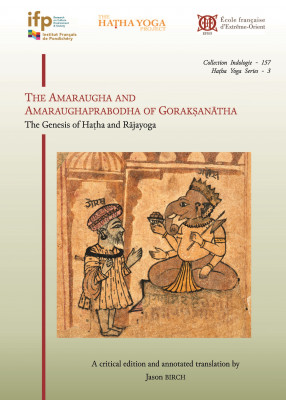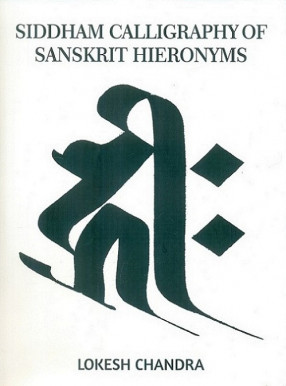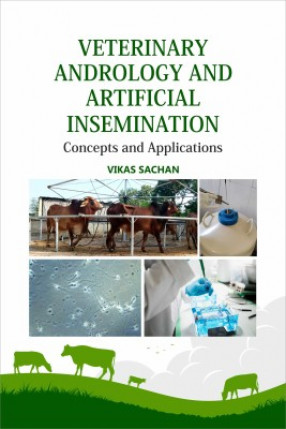FREE & QUICK WORLDWIDE SHIPPING ON $60+
TAKE 10% OFF YOUR ORDER | USE CODE: TAKE10

Book details
-
 xiv+334p., xiv+230p., xiv+258p., xiv+345p., xii+179p., Tables; Notes; References; Index; 23cm.
xiv+334p., xiv+230p., xiv+258p., xiv+345p., xii+179p., Tables; Notes; References; Index; 23cm.
-
 Hardcover
Hardcover
-
 English language
English language
-
 Concept Publishing Company
Concept Publishing Company
-
 01.01.2005
01.01.2005
-
 ISBN 10:
8180691225
ISBN 10:
8180691225
Related categories
Gandhian Alternative (In 5 Volumes)
Synopsis
This series, running into five volumes, reflects the general attitude of people towards non-violence as a means to resolve various kinds of conflicts and to bring about peace and harmony in the world. Prepared under the joint auspices of Delhi Society of Non-violence, New Delhi, and International Centre of Gandhian studies and Research, Gandhi Darshan, New Delhi, it addresses a host of issues pertaining to Gandhian world Order, non-violence in action, socio-political thoughts of Gandhi, his concept of economy, and his views on education as well as self realization. Dealing with selected dimensions of Gandhian thought relevant to the debate on Gandhian World Order, volume one defines the main features of the reigning world order – liberalism and realism – and traces the significance of Gandhi in the contemporary world order. It also presents Gadhian diagnosis of world problems as well as their solution. Volume two, containing 15 papers, explains Gandhian concept of non-violence as well as its significance and functioning in the present-day world. Giving an account of Gandhi’s experiences of non-violent struggle, it discusses at length the different stages of love development: embryonic, maternal, youthful, adolescent, adult and mature, Various issues concerning nuclearisation, Sarvodaya and Satyagraha have also been analysed. Volume Three, having 13 papers, deals with Gandhi’s socio-religious and political thoughts and their relevance in the era of liberalization and globalization. Going deep into his concepts of Satyagraha and Sarvodaya, it discusses in detail his views on religion, ethical and socio-economic implications of varna in Gandhian philosophy, and main features of Gandhian democracy. The eighteen papers in volume four attempt to examine theoretical aspects of Gandhian economics as well as how to implement it in the present situation. It also explores Gandhi’s approach to the economic issues – consumption, production and distribution. Volume Five, containing eleven papers, tries to analyse the scheme of education envisaged by Mahatma Gandhi and look for answers to the present-day problems relating to education within the Gandhian framework. It discusses at length the Gandhian guidelines for mass education, naturalistic trends, educational physiology, principles and practice of basic education, and Gandhian philosophy of higher education. It also takes stock of research and extension to promote Gandhian thought.
-10%
Item available. Ships in 1-2 days.











































